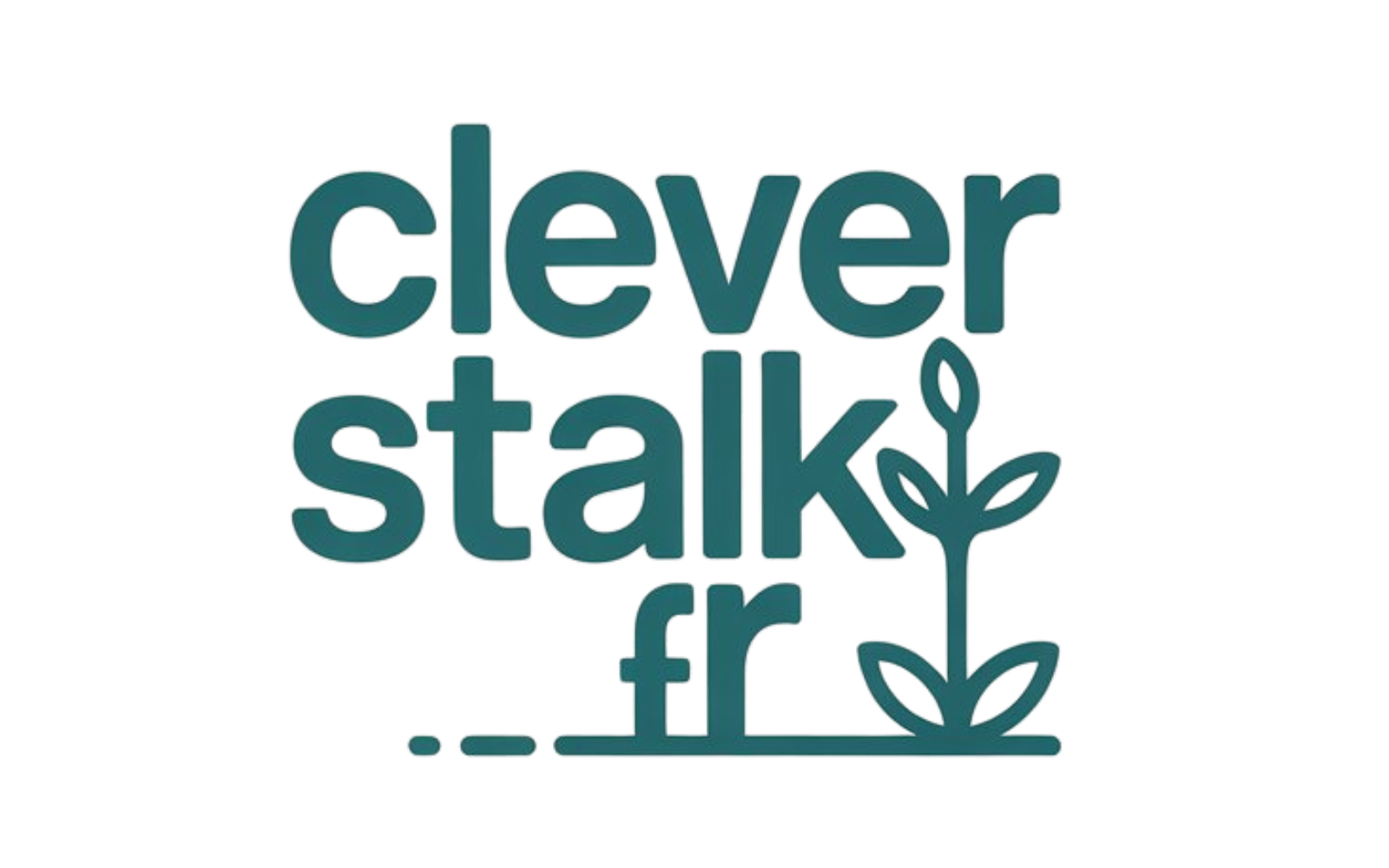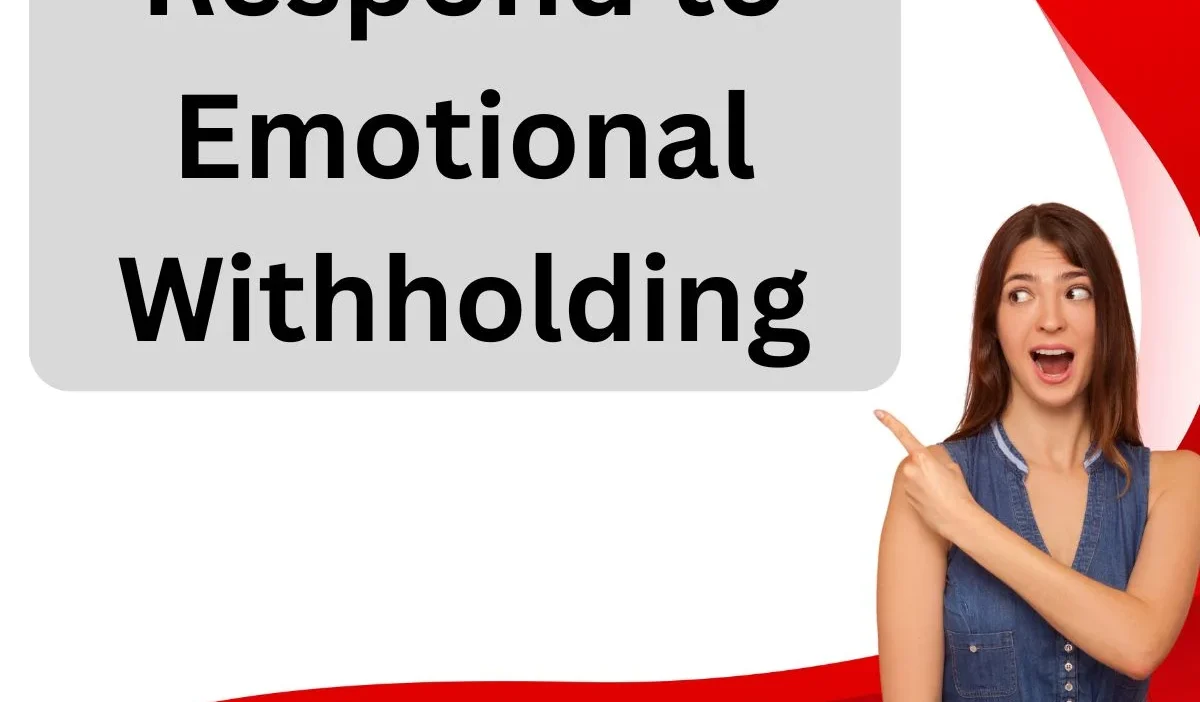If you’ve ever felt shut out by someone who won’t share their feelings, you know how confusing and painful emotional withholding can be.
Maybe you’ve searched for the right words to respond — words that help you connect, not push away.
You want to express yourself clearly without sounding accusatory or desperate.
This article is designed to solve that problem.
Here you’ll find many ways to say how to respond to emotional withholding, organized by formal, informal, idiomatic, and professional phrases.
Different moments call for different approaches.
What works in a calm therapy session may not fit a casual chat with a friend or a tense workplace conversation.
Let’s explore the best ways to respond when someone holds their feelings back, so you can communicate with empathy and strength.
Formal Ways to Say How to Respond to Emotional Withholding
In serious or sensitive settings, choosing your words carefully helps maintain respect and openness. These formal expressions work well in counseling, family discussions, or written communication.
- I notice you seem reserved; I’m here when you’re ready to share
- It’s okay to take your time with your feelings
- I’d appreciate understanding your perspective when you feel comfortable
- I respect your privacy but want to stay connected
- Please know I’m open to listen whenever you’re ready
- It seems like something might be weighing on you
- Your feelings are important, even if you’re not ready to express them
- I’m here to support you without pressure
- We can move forward when you feel safe to open up
- I’m willing to wait patiently for your honesty
- Let’s work on building trust so you feel comfortable sharing
- Silence can be hard; I’m ready when you are
- It’s okay to express vulnerability with me
- I want to create a safe space for your emotions
- When you’re ready, I’d like to understand your thoughts
- Your silence speaks volumes; I’m listening
- I value open communication and hope we can get there together
- I’m here to hold space for your feelings
- We don’t have to rush any conversation about emotions
- It’s important we respect each other’s pace
- I’m available for dialogue without judgment
- I recognize this might be difficult for you to talk about
- Let’s take it one step at a time
- I appreciate your honesty when you choose to share
- I’m committed to understanding you better
- I’m open to hearing your feelings whenever you’re ready
- I hope we can deepen our connection through honest sharing
- I respect your boundaries and want to honor them
- Your emotions matter, and I’m here to support you
- I’m patient and here to listen, not to force
Informal Ways to Say How to Respond to Emotional Withholding
When you want to keep things casual but still show care, these easygoing phrases work well with friends, partners, or family.
- Hey, whenever you wanna talk, I’m here
- No rush, just know I’m around if you need me
- I get that you’re keeping stuff inside—totally okay
- Just saying, I’m all ears if you wanna share
- It’s cool to keep things quiet for now
- Whenever you’re ready to open up, I’m ready to listen
- You don’t have to say anything if you don’t want to
- I’m here even if you’re not ready to talk
- It’s okay to have your guard up sometimes
- I get it, sometimes talking’s hard
- No pressure, just letting you know I care
- Whenever you wanna vent or just chill, hit me up
- I respect your space, just don’t shut me out completely
- I’m around if you wanna break the silence
- Sometimes silence says a lot—I’m here when you’re ready
- Take your time with your feelings, no worries
- I’m not going anywhere; talk when you can
- You don’t have to explain if you don’t want to
- Just know I’m here, no strings attached
- I’m cool with quiet moments too
- You can trust me when you feel like it
- I’m not mad or anything, just waiting to hear you
- We don’t have to talk if you don’t want, but I’m here
- It’s okay to shut down sometimes, just don’t disappear
- Whenever you’re ready, I’m here for real
- No judgment here, just support
- I get that sometimes you just wanna be alone
- Let me know if you want some space or company
- I care, even when you’re quiet
- I’ll be here when you’re ready to chat
Idiomatic Ways to Say How to Respond to Emotional Withholding
Idioms can add a colorful touch when you want to express understanding or encourage openness with a bit of flair.
- I’m holding the door open whenever you want to walk through
- No need to bottle it up, I’m here to listen
- Don’t keep it under wraps too long
- When you’re ready, let the cat out of the bag
- I’m here to catch you when you fall
- You don’t have to wear a mask around me
- Let’s not sweep things under the rug
- I’m all ears when you’re ready to spill the beans
- Don’t put your feelings on ice forever
- You don’t have to carry that weight alone
- I’m ready to break the ice whenever you are
- No need to keep your cards so close to your chest
- I’ll be your sounding board anytime
- Don’t hold your tongue too long
- I’m here to help you open the floodgates
- Let’s clear the air when you’re ready
- You don’t have to bite your tongue with me
- I’m ready to lend an ear, no strings attached
- Don’t keep me guessing, talk to me
- I’m here to light the way out of the silence
- Let’s not beat around the bush
- I’ll be your safe harbor in a storm
- No need to hide behind walls
- I’m here to help you drop the act
- Let’s get things off your chest
- I’m ready when you want to lay it all out
- You don’t have to keep things bottled up inside
- I’m standing by to listen, no rush
- Don’t leave me hanging in the dark
- I’m here to break down those walls when you want
Professional Ways to Say How to Respond to Emotional Withholding
In work or formal environments, tact and professionalism matter. These phrases help you express care or concern without crossing boundaries.
- I understand this may be a difficult topic to discuss
- Please know I’m available if you wish to share your concerns
- I respect your privacy and am here to support as needed
- If you feel comfortable, I’m open to hearing your perspective
- It’s important we maintain open communication when possible
- I recognize the sensitivity of this matter
- Let me know how I can assist in making this easier to talk about
- I appreciate your discretion and readiness to engage when appropriate
- Maintaining transparency helps us work together effectively
- I’m here to listen without judgment
- Whenever you feel ready, I’m available for a conversation
- It’s helpful to address concerns early to prevent misunderstandings
- I’m committed to supporting you professionally and personally
- Your well-being is important to me and the team
- I want to ensure a safe space for open dialogue
- Please take your time; I’m here when you’re ready
- If you’d prefer, we can arrange for confidential support
- I encourage you to share when comfortable
- I’m mindful of your boundaries and respect your pace
- Our goal is to foster a supportive environment
- Communication is key, and I’m here to help facilitate it
- I understand if you need space before discussing further
- Please feel free to reach out when you feel ready
- I’m available to listen and assist with any concerns
- Let’s work together to find a comfortable way to communicate
- I’m here to support your emotional needs within professional limits
- Please know you’re not alone in this
- I appreciate your honesty when you choose to share
- Maintaining open lines of communication benefits everyone
- I’m here to provide support at your convenience
Conclusion
Responding to emotional withholding is never easy, but choosing your words wisely can make all the difference.
Whether you need formal, informal, idiomatic, or professional ways to respond, this guide offers many options to help you stay compassionate, clear, and patient.
Practice these phrases to build confidence and create safer, more open conversations.
Remember, emotional withholding often comes from fear or hurt.
Your understanding and steady presence can gently encourage others to open up over time.
The right response can turn silence into connection.

